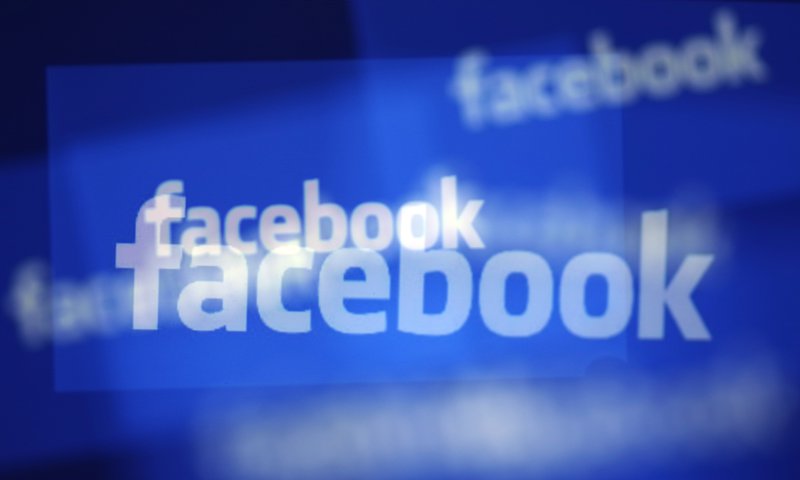Facebook shuts pages of pro-establishment groups in HK, showing Western bias
By Liu Caiyu and Wang Wenwen Source: Global Times Published: 2020/12/7 22:13:41

Facebook. Photo: VCG
Facebook has suspended pages linked to pro-establishment groups in Hong Kong, making it hard for the page followers and group members to catch up on activity notices and connect with each other.
Pages that were shut include "Save HK" which had more than 200,000 people signing up and "Tai Po" that has more than 120,000.
The Democratic Alliance for the Betterment and Progress of Hong Kong (DAB) released a statement on its Facebook page on Sunday, saying the shutdown of the Facebook page "Save HK" is news that shocked normal people and those who love Hong Kong.
Chan Yung, vice-chairman of the DAB and chairman of the New Territories Association of Societies, slammed such action as hegemonic. "Western politicians and media keep boasting about freedom of speech but their behavior shows double standards, which is very worrisome when it comes to national security and social safety," Chan told the Global Times on Monday.
The alliance released a WeChat QR code as a backup plan for those who may have lost contacts due to the closure by Facebook.
Chan also urged the Hong Kong Special Administrative Region government to improve related laws and safeguard related rights and freedom.
Facebook did not reply to the Global Times' inquiry about the shutdowns, but similar suspensions and shutdowns have happened before.
In August 2019, Facebook removed seven pages, three groups and five accounts, claiming they were associated with the Chinese government. Many Chinese users complained that Facebook has a strong bias and does not allow voices challenging "Western values," such as those who pointed out that the riots were illegitimate and severely jeopardized Hong Kong society.
Observers slammed social media platforms for being vulnerable to Western bias against China and intentionally or subconsciously becoming compliant with US hegemony and bullying in cyberspace.
These Silicon Valley tech companies, while boasting of freedom of speech, just proved their double-standards with their bias. They give little room to voices from the Chinese side on China-related issues, which shows the platforms' vulnerability to being manipulated by Western values and their weakness in the face of Western political correctness, analysts said.
Posted in: SOCIETY